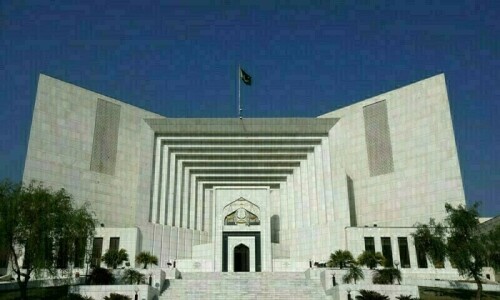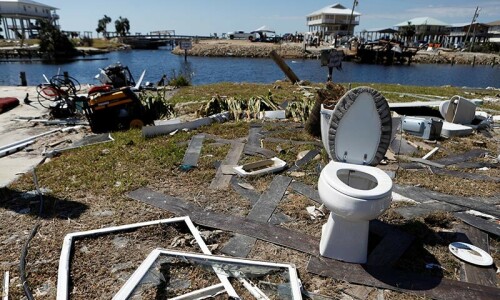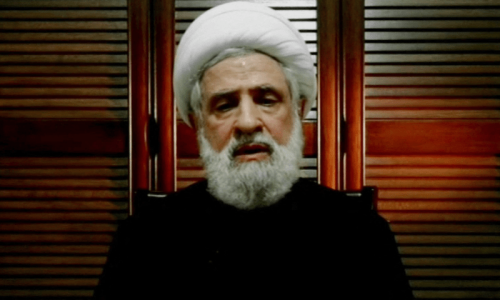
PESHAWAR: For poor patients visiting government hospitals in the provincial capital, treatment is increasingly becoming unaffordable.
Representing the lot, 50year-old Bakht Jana of Bara tehsil in Khyber Agency is bothered about the cost of her son's brain tumour treatment at Lady Reading Hospital.
'One has to pay for everything. By the time, treatment is complete, one is left with nothing,' she said, adding that she had sent a relative to village for money for her son's operation.
Jana said her town had no proper health facility, while the hospitals in nearby areas had limited or no specialists and therefore, she had to come to Peshawar.
According to a health department official, the minimum cost of a surgical procedure and medication at government hospitals is Rs10,000. On average, a private hospital charges Rs25,000 for it.
The situation of burqa-clad Jamila (name changed on request) was not different.
With misty eyes, the middle-aged woman from Bashirabad sat by her husband, who suffered from urine retention.
Doctors prescribed dialysis for her husband but she had no money for it.
'I have sent my younger son to borrow money from a relative,' said the woman.
The impression that specialists and surgeons owning private clinics in the city are well-off is considered one of the reasons for their growing kidnappings for ransom.
While denying of late that every doctor is a millionaire, the Provincial Doctors' Association acknowledged that visitors to private clinics of doctors had to pay heavy fees.
As treatment at private health facilities is unaffordable for many, the burden is shifted to government hospitals. Ironically, many rural areas have poor health facilities and shortage of specialists.
People coming to Peshawar's three major government hospitals from across the province and far-flung tribal areas complain that they're unable to afford to go to private clinics and hospitals.
'I can not afford to go to a private hospital,' said Irshad, a heart patient.
When contacted, medical superintendent LRH Dr Rahim Jan said facilities at casualty wards of government hospitals were free and that a large number of poor people benefited from them.
He said anesthetic bottles costing Rs4,000 each were provided to patients wanting surgeries free.
Dr Rahim said only in case of shortage of small disposable items, patients were asked to purchase the same from open market.
'LRH being one of the oldest and busiest public sector hospitals catering to the needs of people from the entire province and tribal areas treats from 2,000 to 2,500 patients free of cost in casualty ward every day,' he said.
The medical superintendent LRH said the hospital charged nominal fee for expensive treatment.
He said a child delivery case at a government hospital cost from Rs800 to Rs1,000 compared with Rs25,000 for it at a private clinic on overage.
He said government hospitals were trying their utmost to provide best possible services to visitors.












































Dear visitor, the comments section is undergoing an overhaul and will return soon.